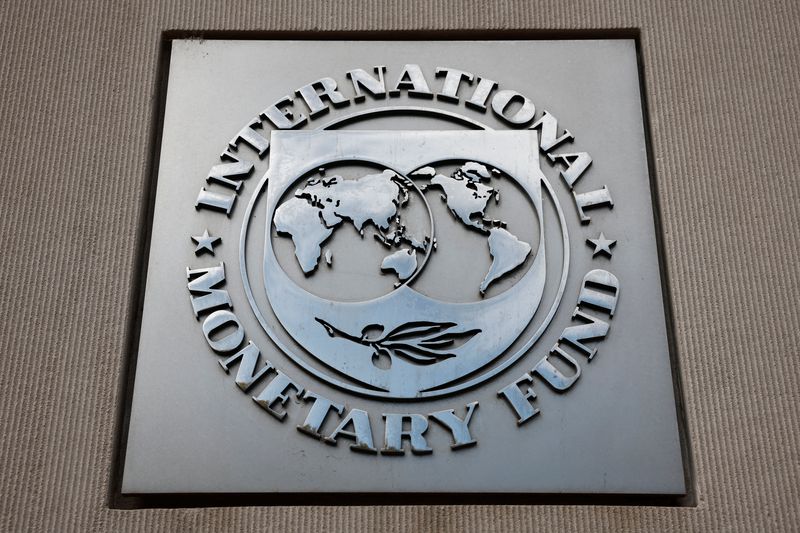By Karin Strohecker
LONDON (Reuters) - Some World Bank staff have criticised an assessment of Ethiopia's finances conducted with the International Monetary Fund, questioning whether the analysis that underpins the country's debt restructuring may be "faulty".
In an internal paper seen by Reuters, World Bank consultant Brian Pinto and its chief economist Indermit Gill assess the Debt Sustainability Analysis (DSA), dated July and prepared by the IMF and staff of the International Development Association (IDA), the World Bank's fund for poorest nations.
The authors suggest that based on the DSA, Ethiopia is facing a short-term liquidity crunch, and not a long-term solvency issue, a point of contention between the government and holders of its $1 billion international bond that is in default.
"We found that the bondholders have interpreted the DSA correctly, but the DSA itself may be faulty," Pinto and Gill wrote in the paper from earlier this month. "The disagreements about Ethiopia's debt sustainability will be repeated as other countries become debt distressed."
Asked about the paper, a World Bank spokesperson said: "We generally don’t comment on internal deliberations between the World Bank and the IMF, or any of our partner institutions."
Ethiopian State Finance Minister Eyob Tekalign told Reuters IMF and World Bank teams had just revisited the DSA as part of the latest review of the Fund's loan programme and there had been no major change to the position.
A spokesperson for the IMF confirmed its staff visited Ethiopia in November for the second review of the Fund's loan programme, adding that each review includes an update to the DSA, without elaborating on its contents. The spokesperson did not comment on the memo.
Pinto and Gill did not respond to a request for comment.
Bondholders and Ethiopian officials have been in a tense standoff. At the heart of the debate is whether Ethiopia - as bondholders argue - faces a liquidity crunch, which could be addressed by rescheduling debt, or whether it has longer-term solvency problems that require debt writedowns known as haircuts.
The DSA said that some export-related indicators pointed to both liquidity and solvency pressures.
In October, Eyob told Reuters that writedowns were unavoidable and the DSA showed a solvency issue. Investors, in rejecting the assessment, have also slammed a government proposal that indicates an 18% haircut.
The comments in the paper suggest some World Bank staff sympathise with bondholders' views.
"Based on the July 2024 DSA, Ethiopia should be trying to find ways to lengthen debt maturity and increase exports to address its liquidity problem, not asking bondholders to take a haircut," Pinto and Gill wrote.
FINANCIAL LIFELINE
The report gives credence to years of complaints by the private sector over the DSAs and the levels of debt that countries can manage - and thus what amount lenders must write off when a country defaults.
Ethiopia became Africa's third country to default on its international bonds in as many years in December 2023. Despite the relatively small size of its bond debt - compared with Zambia's $3 billion and Ghana's $13 billion - progress on restructuring has been slow and tangled in controversy.
IMF funding is often the sole financial lifeline available to countries in a debt crunch, and key to unlocking other financing sources - including World Bank backing - with delays in debt reworks adding yet more pressure on government finances, companies and populations.
Pinto and Gill have argued for some time for a change to the Debt Sustainability Framework for low-income nations, designed to inform borrowing decisions by poor countries.

The framework requires regular joint World Bank and Fund DSAs which analyse a country's debt burden and vulnerabilities over the coming decade.
"It is hard not to conclude that Bank-Fund DSAs for Ethiopia have not provided accurate information to markets, nor perhaps to the Ethiopian government," the authors said.